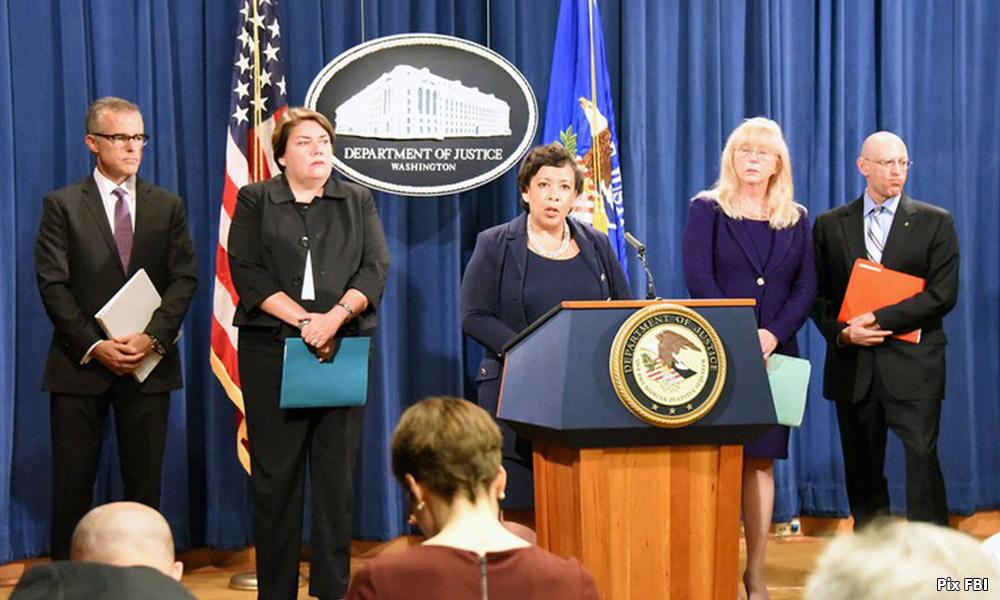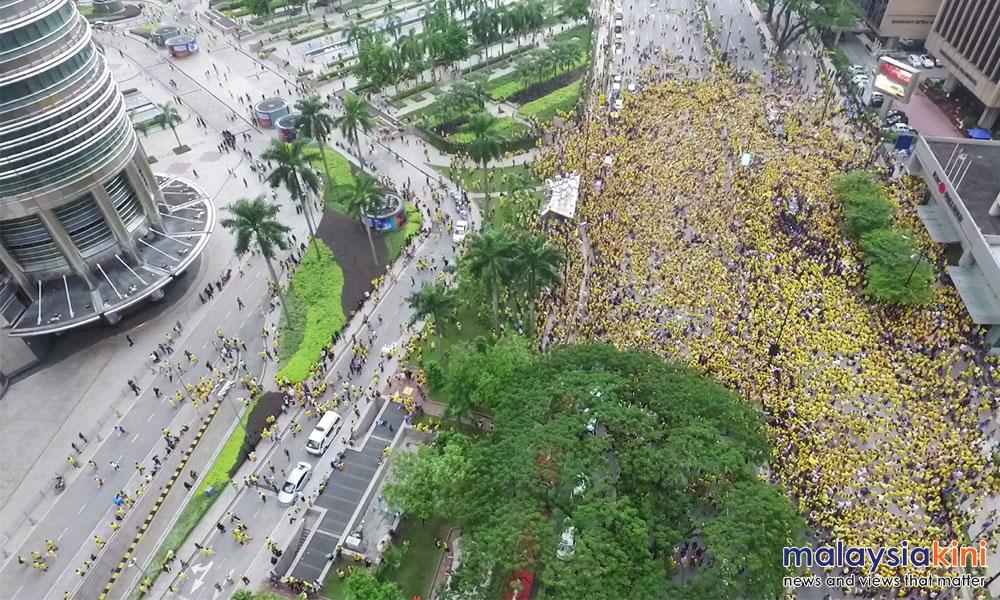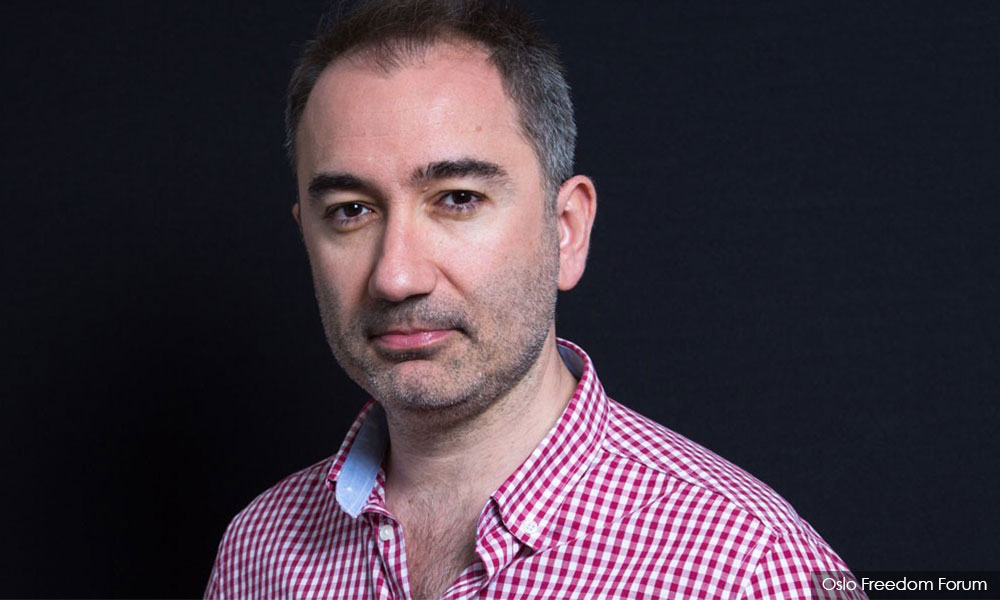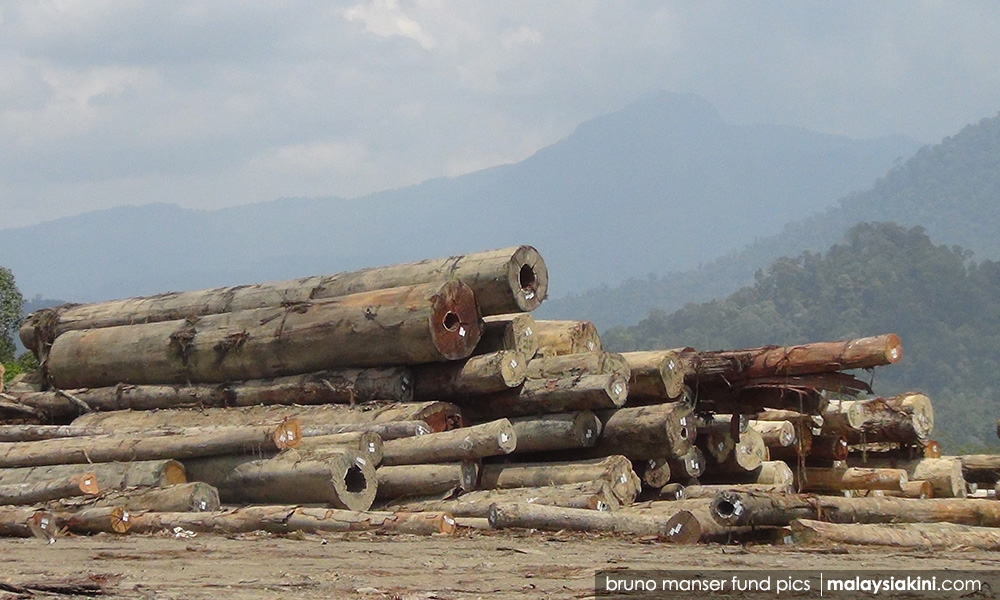LETTER | We call on Prince Charles as a representative of the UK government to urgently address Malaysia's spiralling human rights abuses and ongoing crackdown on Malaysian rights activists and opposition politicians on his upcoming visit to Malaysia.
As Charles will be aware, the Prime Minister Najib Abdul Razak is currently embroiled in the 1MDB corruption scandal the US Department of Justice has described as the “greatest kleptocracy case in history” alongside allegations of widespread electoral fraud.
Shortly after the DOJ report, The Guardian published a detailed article about their investigations, “1MDB: The inside story of the world’s biggest financial scandal.”
Najib has been silencing his critics, by sacking his deputy prime minister and the Attorney-General, quashing an internal investigation by the MACC, and revoking the publishing licences of newspapers.
Najib and his government continue to use the Sedition Act 1948, the Peaceful Assembly Act 2012, and other draconian laws to silence human rights defenders, journalists, opposition politicians and civil society activists in his BN coalition's six decades hold on power.
Grand corruption
In July this year UK parliamentarians tabled a motion stating: "That this House is alarmed about allegations of the misappropriation of billions of dollars from the 1Malaysia Development Berhad, a state-owned investment firm intended to promote economic development in Malaysia, including by the current Malaysian Prime Minister, Najib Razak;
"(This House) notes related on-going investigations in a number of countries, including the US and Switzerland; further notes the statement by the FBI Deputy Director Andrew McCabe, in connection with the largest single action so far by the US Department of Justice's Kleptocracy Asset Initiative, that the Malaysian people were defrauded on an enormous scale;

“(This House) highlights the continuing restrictions on freedom of expression and of association in Malaysia, as well as the misuse of the Sedition Act, targeted particularly at Government critics, including opposition politicians and MPs, such as Anwar Ibrahim, jailed following legal proceedings which fell far short of international standards, and Rafizi Ramli MP;
“(This House) encourages the Government of Malaysia to allow international observers, including from a range of Commonwealth countries, at its upcoming General Elections, to demonstrate its commitment to free and fair elections, particularly given Malaysia will be taking up the Chair-in-Office of the Commonwealth in 2020; and calls on the Government to ensure that allegations of misappropriated funds from Malaysia having been used to buy assets in the UK is thoroughly investigated."
Crackdown on human rights

The Malaysian government continues to curb fundamental human rights in Malaysia through:
- Suppressing freedom of expression and assembly in the context of elections, in particular through crackdowns on leaders and participants of rallies organised by Bersih, the civil society coalition demanding free and fair elections;
- The ongoing political detention of opposition leader Anwar Ibrahim. Money politics, unfettered cash distribution, threats and biased electoral delineation activities were rife during the 2013 general elections. Despite this, the opposition coalition led by Anwar Ibrahim won 53 percent of the popular vote.
In order to silence him and his popular movement, he was later imprisoned for a second time on trumped-up, politically motivated charges of sodomy.
The United Nations has denounced Anwar Ibrahim’s imprisonment as arbitrary and in violation of international law. He continues to be denied access to impartial medical treatment for a serious shoulder injury;
- The continuous harassment, arrest, detention and prosecution of journalists, cartoonists, activists and opposition leaders working to expose the latest developments related to the 1MDB grand corruption scandal involving Najib, including the use of anti-terror legislation, the Security Offences (Special Measures) Act 2012 – this law allows for detention without trial; and
- Continuous use of the Sedition Act 1948 to limit freedom of expression in Malaysia.
Many members of parliament and human rights defenders are facing charges for raising concerns on issues of corruption and human rights, which is all too often termed “activities detrimental to parliamentary democracy”. Convicted MPs face being stripped of their parliamentary seats and disqualified from contesting in elections.
Religious extremism
Malaysians continue to witness a narrowing of the official definition of "orthodox Islam", and an accompanying escalation of intolerance towards not only non-Sunni Muslims and other faiths, but also towards more tolerant interpretations of Sunni Islam.
The state's powerful and well-funded religious institutions are increasingly used to suppress dissent of all kinds, under religious pretexts.
Most recently, this has included the persecution and deportation of visiting Turkish Muslim writer Mustafa Akyol (photo), and the charging of his host Ahmad Farouk Musa and his organisation the Islamic Renaissance Front for “abetting Mustafa Akyol for giving a religious talk without proper accreditation”.

In 2014, Najib announced that Islam and its followers are now facing new threats under the guise of “humanism, secularism, liberalism and human rights”. He went on to state that, “we will not tolerate any demands or right to apostasy by Muslims, or deny Muslims their right to be governed by Shariah Courts and neither will we allow Muslims to engage in LGBT activities.”
In 2013, freedom of religion was one of the key issues discussed during Malaysia's second cycle of the UN Universal Periodic Review, with several states including Austria, Canada, Italy and Poland making critical comments and recommendations.
In June 2014, Najib even encouraged members of his party to “be brave like Isis fighters”. Extremist Islamic movements are on the rise in Malaysia, spurred on by Najib's use of racial and religious extremist rhetoric.
The ruling Umno has forged an alliance with the conservative PAS in order to secure more rural Malay votes. As part of the pact, amendments to the Syariah Courts (Criminal Jurisdiction) Act 1965 seeking to impose stiffer penalties for offences along the lines of hudud law are now regularly debated in Parliament and are seen as a worrying development by both moderate Muslims and non-Muslims alike.
In the past year, religious tensions have escalated with a number of kidnappings and “enforced disappearances” of Christian pastors and religious minorities in Malaysia.
In September 2017, the UN Special Rapporteur for cultural rights Karima Bennoune noted that the discrepancy between reality and rhetoric on Islamic fundamentalism and religious extremism in Malaysia was extremely worrying.
Environmental and human rights devastation in Borneo
Preservation of the environment and nature are issues important to HRH. It will therefore be devastating to learn that over the last few years there have been a spate of murders of activists throughout Sarawak. These activists were opposing illegal land grabs, illegal logging and mining activities aimed at decimating their native customary land and the Borneo rainforest ecosystem.
British investigative journalist Clare Rewcastle-Brown has been instrumental in exposing issues of endemic corruption and human rights abuses in the state of Sarawak specifically and Malaysia as a whole.

Rewcastle-Brown revealed how “in the state of Sarawak, the profits from timber, oil and now oil palm (much of it grown on land illegally sequestered from the indigenous communities) have gone straight into the pockets of political cronies, who have run the country for personal profit and plundered it indiscriminately for the past decades of continuous rule.
The once unparalleled tropical rainforests have been denuded – scarcely 5 per cent remain uncut – and the tribal peoples who depended on the forests for their food are now deprived of their means of subsistence and in several cases starving.
We trust that the issues raised by millions of concerned Malaysians globally will also be of concern to HRH and will be addressed by Najib and his government this week as HRH tours Malaysia. We ask you to encourage Najib and his government to:
- Allow international observers, including from a range of Commonwealth countries, at its upcoming General Elections, to demonstrate its commitment to free and fair elections, particularly given Malaysia will be taking up the Chair-in-Office of the Commonwealth in 2020;
- Release political prisoner of conscience and opposition leader Anwar Ibrahim with immediate effect and allow him access to urgent independent medical treatment of his choice;
- Stop the persecution of human rights activists and opposition MPs through the use of the Sedition Act 1948, Peaceful Assembly Act 2012 and other laws aimed at stifling democracy;
- Ensure a thorough, impartial investigation into 1MDB without government interference;
- End Islamic extremism, religious intolerance and persecution of religious minorities; and
- Halt the environmental devastation of the Borneo rainforest and ensure native customary rights and indigenous rights are protected and upheld.
The UK can and must play a critical role in ensuring a UN member, a Commonwealth friend and ally like Malaysia heeds its democratic obligations and respects the rights of its citizens without resorting to widespread violence, intimidation, corruption and stolen elections.
The views expressed here are those of the author/contributor and do not necessarily represent the views of Malaysiakini.

